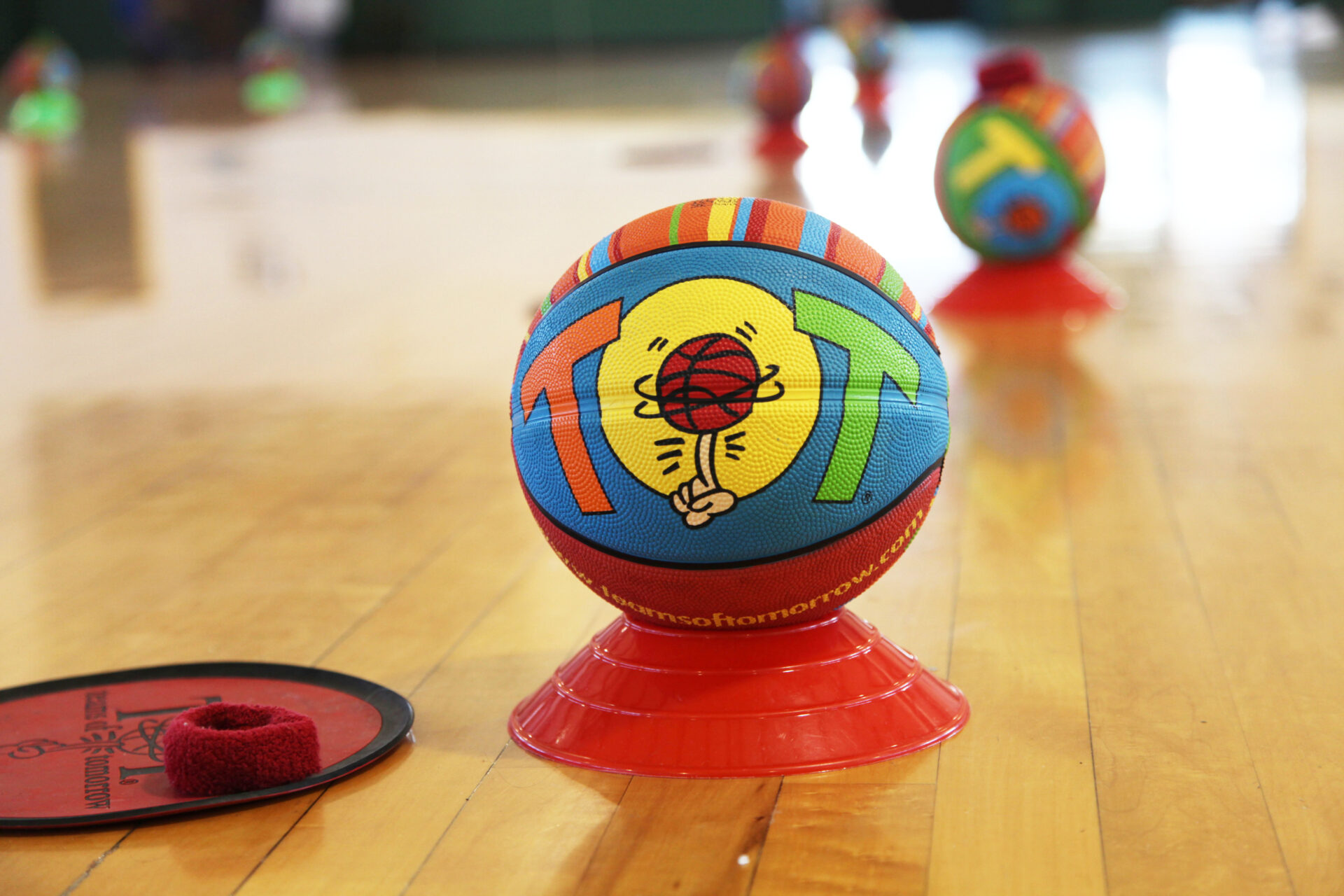“Consistency is key” is a phrase thrown around often, and can even be construed as cliche by some, but it can be an important key to helping grow happy and confident children.
The scary thing about consistency is just that – actually having to continuously do as you say whether that’s not continuing to say no after your child has asked to stay up past their bedtime for the tenth time, saying yes when your child has asked to skip a scheduled activity, or so many other things – there is power in consistency.
Consistency Woven in Every TOT Class
Consistency is also an important player outside of home as well. School settings offer a daily routine in which children know what is expected of them, and it can also be found in our TOT programs, too. TOT curriculum exhibits a great amount of consistency by having a similar structure in every class. Each one of the classes begins and ends in the same fashion, allowing younger kids to learn the structure and what to expect each week.
Creating routines, both in and out of school, lets children know what expectations they are set to uphold, and in that, children, as well as parents and teachers, can find calm in knowing what is expected of them. Simply put, predictability is something needed in preschoolers’ lives.
The Effects Are Long-Lasting
Consistency can also have a deeper effect on children outside of routines and predicability. According to Let’s Grow With Them, early development in children is transactional, meaning children learn from the adults’ responses to their reactions. With children learning in such a way, it not only provides information on what is expected of the child, but it also helps foster good relationships that continue to impact them later in life.
Tips on Staying Consistent
As we mentioned earlier, we know consistency can be difficult, especially on a trying day (or week) when you are dealing with a strong-willed child. In those moments where you may want to break, Michael Grose of Parenting Ideas offers simple solutions to help you keep consistent (and your sanity!).
1.
Check your most important behaviors. Trying to correct each misbehavior can be difficult, but putting most of your focus into one or two is easy. Grose says keeping one or two behaviors consistent will have a positive impact on all behaviors.
2.
Leave tangible reminders about the behavior you’re trying to positively effect. An example Grose gives is, “Walk away when a child whines. Don’t give in.”
3.
Check your routines. Routines are supposed to be beneficial, but if they have gotten too intricate they can have the opposite effect.
4.
Instead of continuously saying no, sometimes it’s best to act, even if that may mean dealing with a tantrum in the short term. Grose says standing firm has long term effects because children begin to know that you mean what you say.

